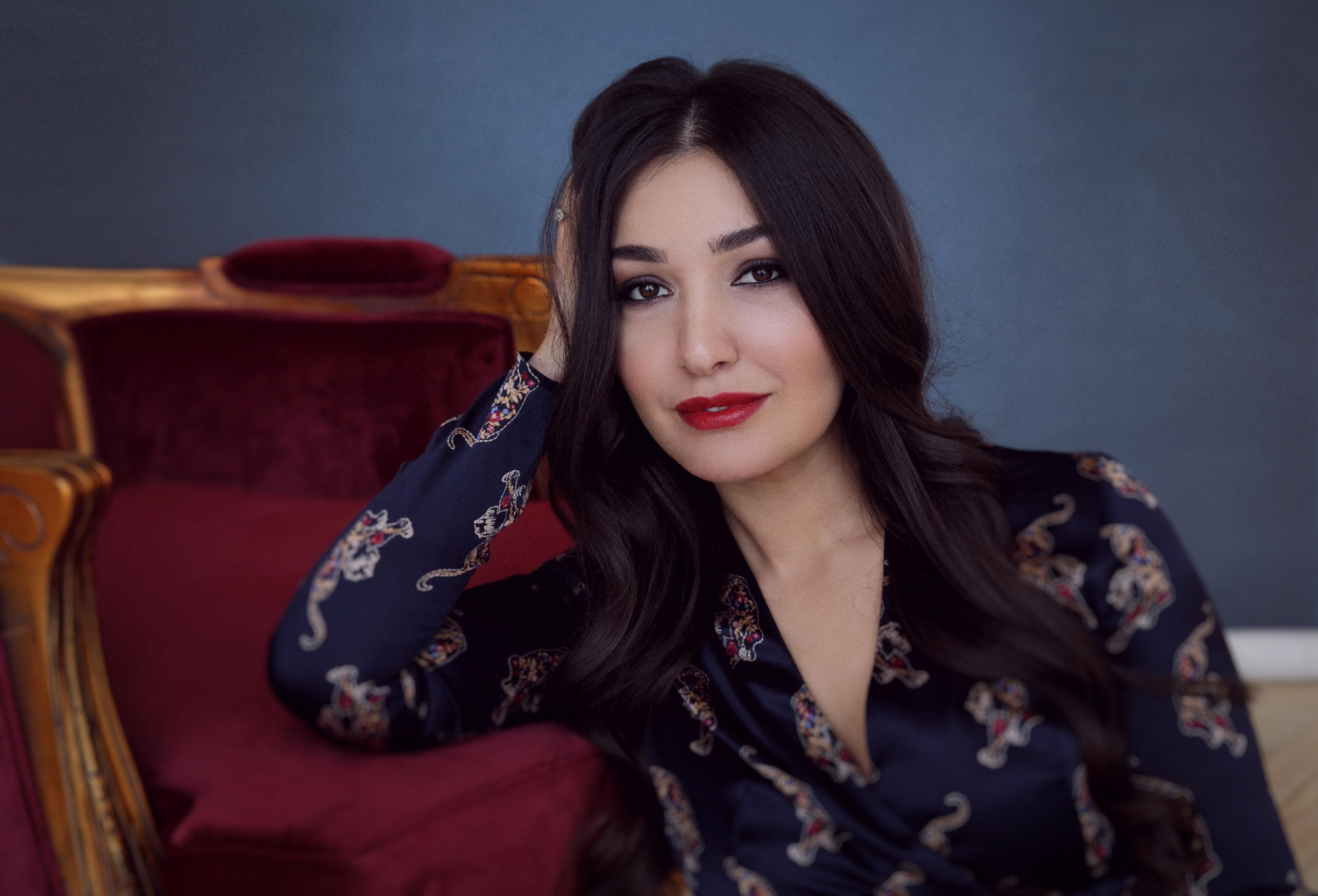KristinaMkhitaryan


Representation
About Kristina
Kristina Mkhitaryan is a graduate of the Galina Vishnevskaya Theatre Studio, Moscow. She has won first prize at the Queen Sonja International Competition in Oslo (2013), third prize at the Neue Stimmen Competition (2013) and the Viotti Competition in Vercelli (2014). Kristina won 2nd Prize at the 2017 Operalia Competition.
Career highlights include La traviata at the Royal Opera House, a role which she now sings to acclaim in major opera houses worldwide, Gilda in Rigoletto with Opera Australia and Hamburgische Staatsoper, as well as the title role in Alcina at Opéra National de Lorraine, and Armida in Rinaldo under the baton of Maxim Emelyanychev at the Glyndebourne Festival. She has also sung at the Grand Théâtre de Genève as Leila in Les pêcheurs de perles, the Wiener Staatsoper in productions including La Traviata, L'elisir d'amore and Turandot and the Metropolitan Opera in their productions of Gianni Schicchi and La bohème (Musetta).
Kristina's ongoing success has recently seen her make two major role debuts - one in Dutch National Opera's acclaimed production of Donizetti's Maria Stuarda, and then Tatiana in Eugene Onegin at Gran Teatre del Liceu, Barcelona.

